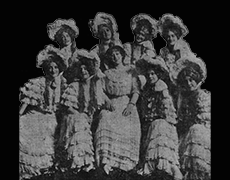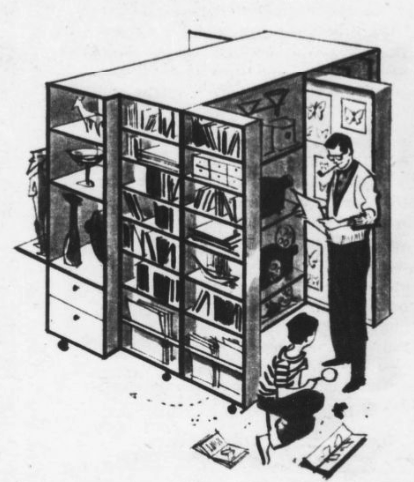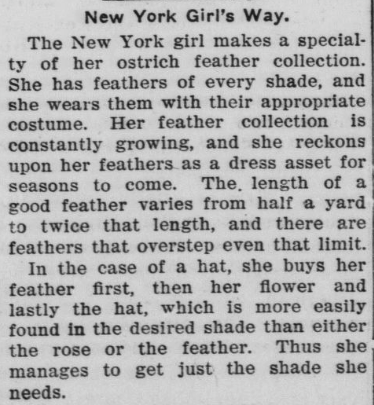
Collecting rare and unusual items can be a fun and even a financially rewarding hobby. However, it’s important to understand the process of sourcing, negotiating, authenticating, evaluating condition, and preserving your pieces in order to build a successful and valuable collection.
Here’s a closer look at these key aspects of collecting:

Sourcing
To find unique items, you should look beyond the typical brick-and-mortar stores and explore online marketplaces, flea markets, garage sales, estate sales, and auctions. These unconventional sources often offer the best chances of discovering hidden gems.
Online marketplaces like eBay, Amazon, and Etsy provide access to a wider range of sellers, while physical venues like flea markets and estate sales offer the opportunity to see items in person before you buy.
For example, I have a “thing” for skeleton keys. I have found most of my collection at yard sales in country settings. I’ve also bought a few online.

Negotiating
Whether you’re dealing with a private seller or a professional dealer, it’s important to know how to negotiate a fair price for the items you want.
Be prepared to do research and compare prices, and don’t be afraid to walk away if you can’t agree on a reasonable price.
Consider the seller’s motivation, such as whether they’re in a rush to sell, and use that to your advantage.

Authenticating
Verifying the authenticity of an item is crucial to ensure that you’re getting what you pay for. Familiarize yourself with the markings and signatures of the artist or manufacturer, and consult experts or reference books if you’re unsure.
Be wary of sellers who refuse to provide certification or provenance, as this can be a red flag.
Condition
The condition of an item is a major factor in its value. Before making a purchase, carefully inspect the item for any signs of damage or wear.
Check for signs of restoration or repairs, and consider how these may impact the item’s value. Make sure to ask the seller about the item’s history, including any previous repairs or restorations.
As for my skeleton keys, I expect them to show use. I’ve bought skeleton keys that are bent, chipped, and rusted. I don’t trust anything that looks new or too perfect.

Preservation
Once you have acquired an item, it’s important to preserve it properly to ensure its longevity. Store your items in a cool, dry place, away from direct sunlight and moisture.
Invest in protective covers and frames to keep your pieces safe, and consider insuring your collection for added protection.

